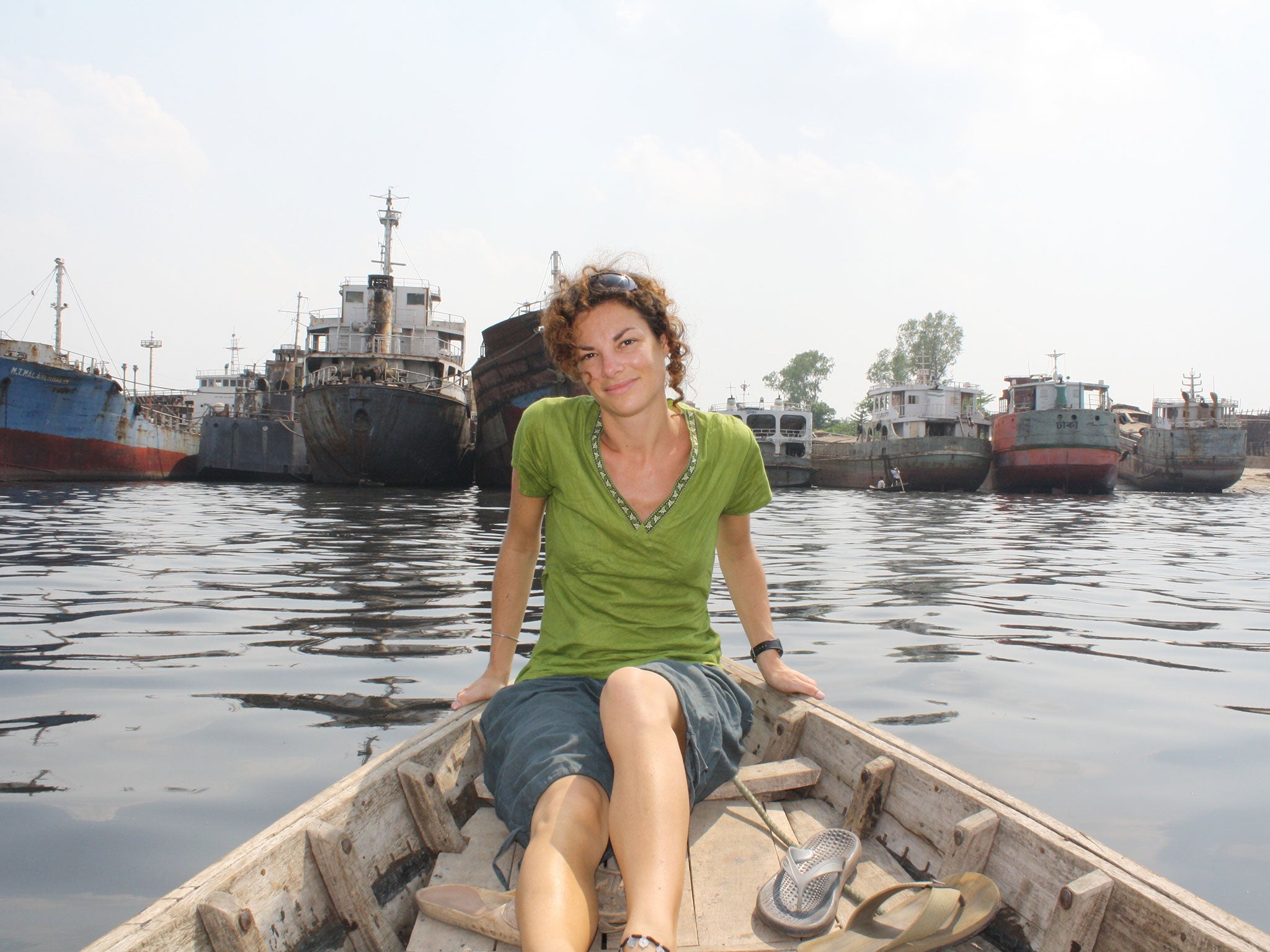Science book prize won by lone female author for the first time in its 27-year history
Gaia Vince's 'Adventures in the Anthropocene' was based on eye-witness accounts of man-made environmental change

One woman’s global journey documenting the environmental changes caused by humans has won this year’s science book prize – the first time in its 27-year history it has been won by a lone female author.
Gaia Vince, a former science journalist, left her desk job in London to travel the world in search of eye-witness evidence and first-hand accounts of the global changes to the environment wrought by human activity. The result was Adventures in the Anthropocene, which has won the Royal Society Winton Prize for Science Books.
“This is an underreported area of science and a truly original story,” said Ian Stewart, a professor of mathematics and himself and award-winning author, who chaired of the panel of judges.
“We were all humbled by Vince’s commitment to this book – she quit her job and spent 800 days on the global road to gather her evidence,” Professor Stewart said.
“She has captured the issue of the day in a way that is ultimately empowering without ever being complacent. We are very proud to recognise this ambitious and essential work,” he said.
In her book, Ms Vince describes how she wanted to understand and see for herself the enormous changes to the planet that are so far-reaching and extensive that some scientists have described it as an new geological epoch – the anthropocene.
“The enormous impacts we’re having on our living planet in the anthropocene are a direct consequence of the immense social changes we’re undergoing – changes to how we live as a species,” Ms Vince writes.
Geologists have described that the past 12,000 years since the end of the last ice age as the Holocene, which has provided the relatively stable conditions that has allowed agricultural development and the growth of civilisation to survive. But the human-influenced anthropocene could bring about far bigger changes, she says.
It was a unanimous decision to award Ms Vince with the £25,000 prize despite stiff competition from other science books, including the best-sellers Alex Through the Looking-Glass by Alex Bellos and The Man Who Couldn’t Stop by David Adam, the judges said.
Past winners of the science book prize include Stephen Hawking, Jared Diamond, Stephen Jay Gould and Steve Jones. Only one other woman, Pat Shipman, has won the prize and she was a co-author on a book about dinosaurs.
The prize ceremony was held last night at the Royal Society in London, compered by Professor Brian Cox, the television physicist.
Join our commenting forum
Join thought-provoking conversations, follow other Independent readers and see their replies
Comments
Bookmark popover
Removed from bookmarks